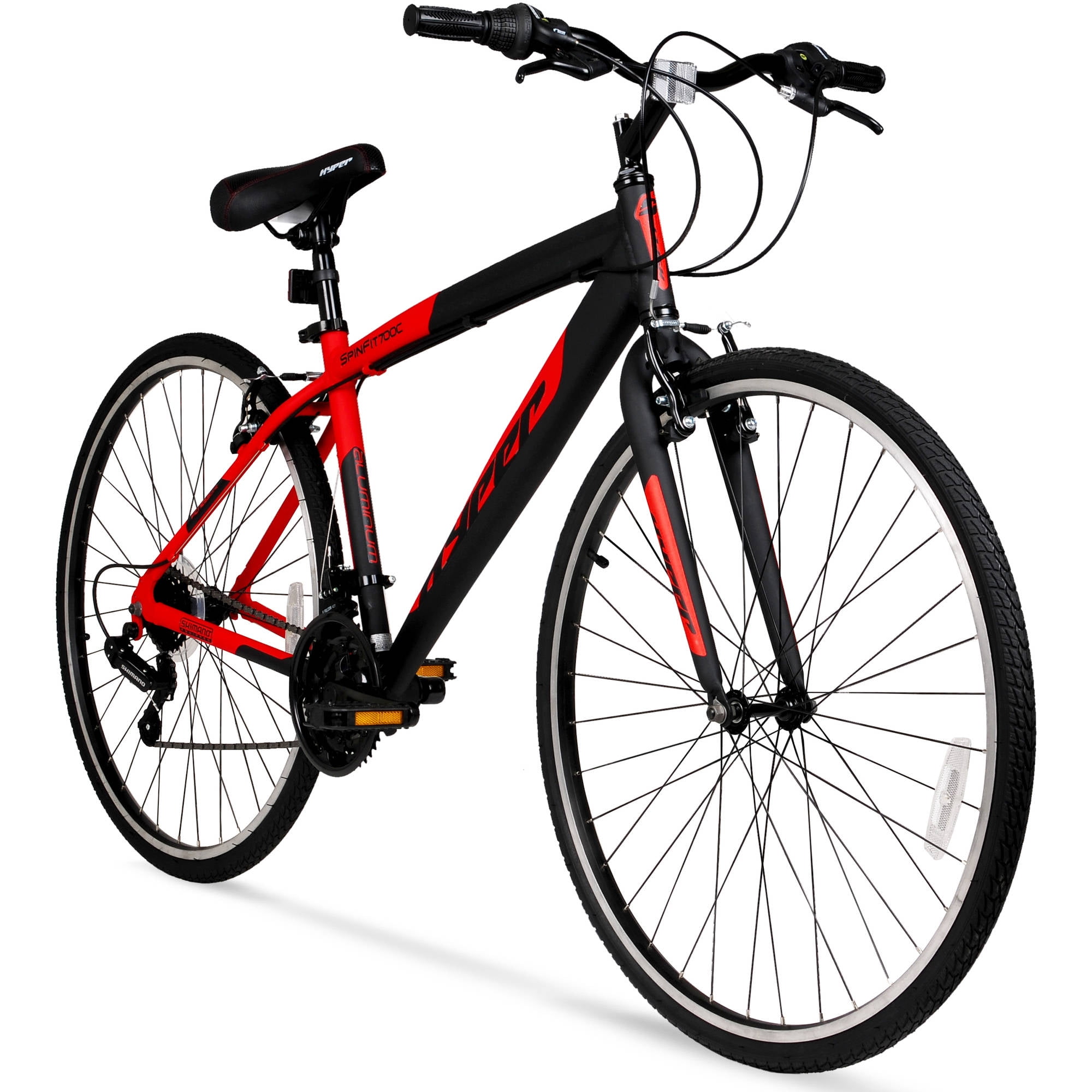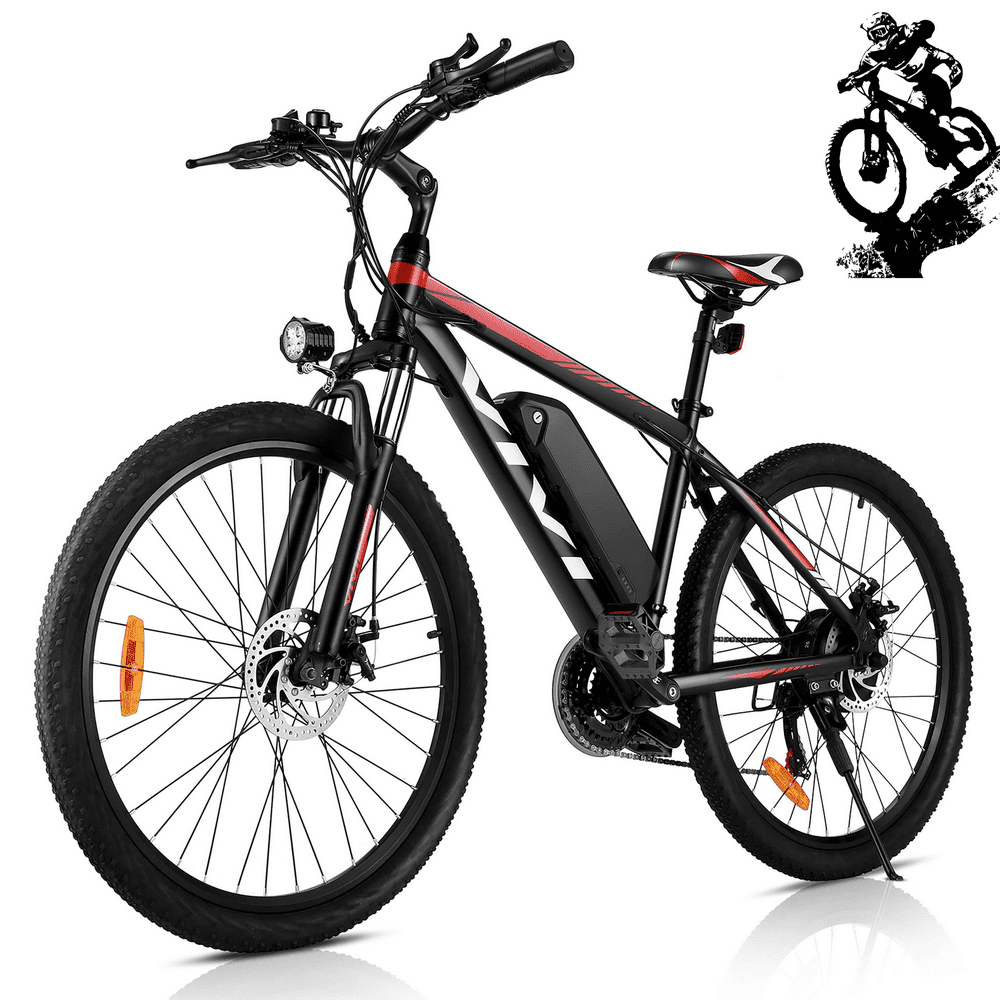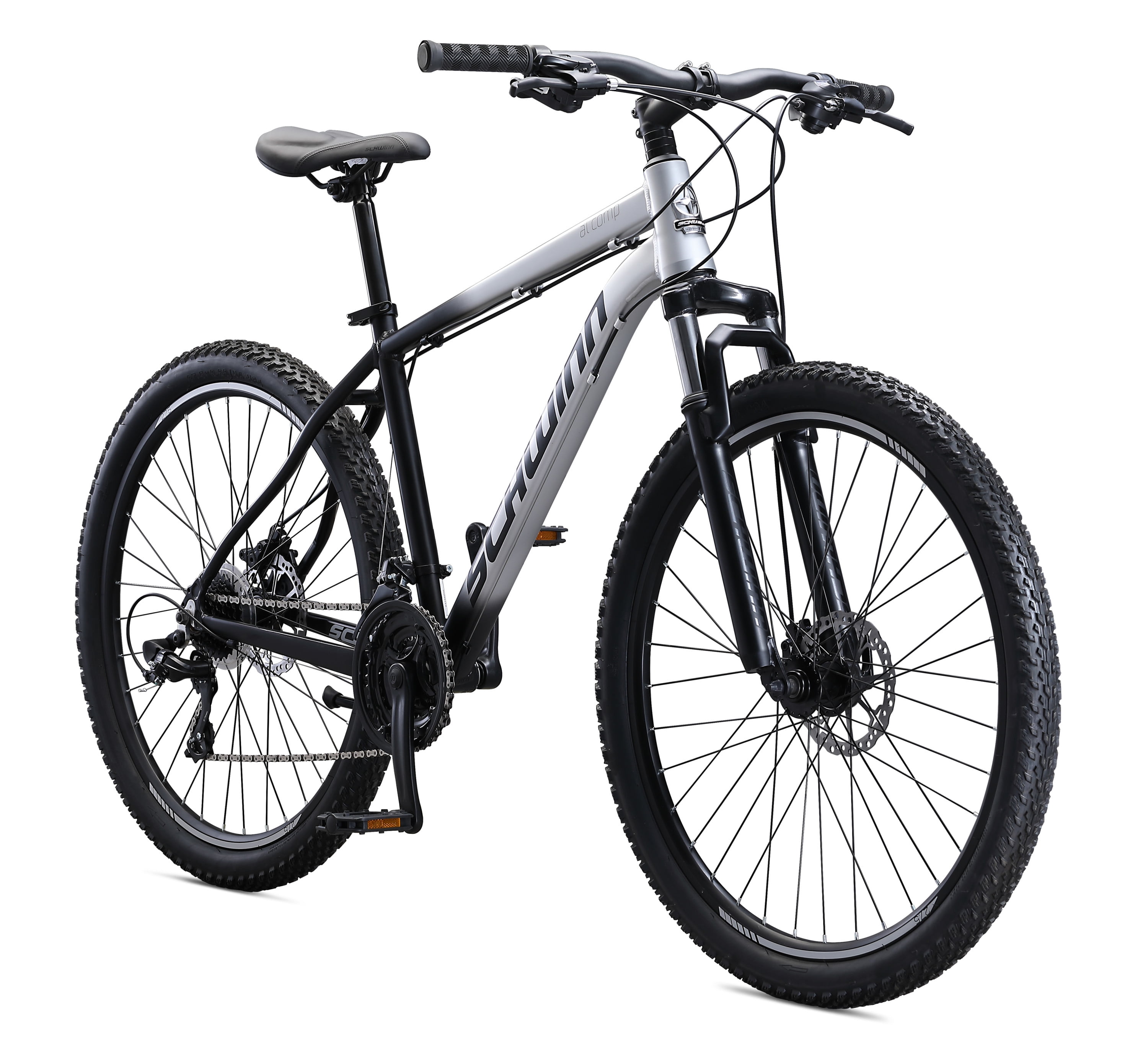The Bicycle Entrepreneur: Pedaling Towards Profit & Passion
In an era dominated by digital startups and tech giants, the enduring appeal of a more grounded, tangible enterprise often goes unnoticed. Yet, for those with a keen eye and a passion for two wheels, the world of "the bicycle entrepreneur" offers a vibrant, dynamic landscape ripe with opportunity. It's a realm where mechanical ingenuity meets market savvy, and where the simple act of riding a bike transforms into a thriving business venture. From the humble beginnings of local repair shops to the sprawling networks of global manufacturers and niche collectors, the bicycle industry has consistently proven its resilience and adaptability, attracting a unique breed of entrepreneurs driven by both profit and an inherent love for cycling.
This article delves deep into the multifaceted world of bicycle entrepreneurship, exploring the historical roots, current trends, and future prospects for those looking to make their mark. We'll uncover the diverse business models, the importance of community, and the critical factors that contribute to success in this fascinating sector. Whether you're dreaming of opening your own bike shop, launching a custom parts brand, or diving into the lucrative world of vintage bicycle restoration, understanding the nuances of this industry is paramount.
Table of Contents
- The Enduring Appeal of the Bicycle Industry
- Navigating the Market: From Niche to Mass
- The Craft of Creation: Bespoke & Innovation
- Community & Commerce: The Power of Events
- Challenges and Triumphs in Bicycle Entrepreneurship
- Essential Traits of a Successful Bicycle Entrepreneur
- Building Trust and Authority in the Bicycle Business
- The Future of Bicycle Entrepreneurship
The Enduring Appeal of the Bicycle Industry
The bicycle, a marvel of simple engineering, has captivated humanity for over two centuries. Its appeal transcends mere transportation; it embodies freedom, health, sustainability, and joy. This intrinsic value forms the bedrock of the bicycle industry's enduring success, making it an attractive field for the aspiring **bicycle entrepreneur**. From its invention, the industry has seen waves of innovation, consolidation, and niche specialization. Early on, giants like the Pope Manufacturing Co. emerged, shaping the landscape with mass production and marketing. However, the path was not always smooth; history reminds us of the volatility, as seen when "1902 the American Bicycle Company is reorganized into the American Cycle Company," only for "1903 the American Cycle Company fails." This early lesson underscores the need for adaptability and sound business strategies, even in a growing market. Today, the industry continues to thrive, driven by a global push towards greener transportation, health and wellness trends, and a burgeoning interest in recreational cycling. This broad appeal ensures a diverse customer base, from daily commuters to competitive athletes and passionate collectors, each segment offering unique opportunities for a savvy entrepreneur.Navigating the Market: From Niche to Mass
The bicycle market is far from monolithic. It encompasses everything from mass-produced utility bikes to handcrafted bespoke machines, and from cutting-edge electric models to cherished vintage classics. A successful **bicycle entrepreneur** understands these diverse segments and identifies where their passion and expertise can best meet market demand.The Vintage & Collector's Market
One of the most fascinating and often lucrative niches is the vintage and collector's market. This segment thrives on nostalgia, rarity, and the pursuit of quality craftsmanship from bygone eras. Enthusiasts frequent platforms like "Welcome to the Classic & Antique Bicycle Exchange," where "Here are some of the latest post in the forum" often highlight rare finds. The value placed on authenticity is immense; a "Killer unmolested mid 30’s Steelcraft tricycle with horn option" can fetch a premium, as can "NOS 1973 Schwinn bicycle gooseneck sealed in original bag." This market isn't just about complete bikes; "Bicycle parts, accessories, ephemera post your bicycles, parts or literature that you want to sell or trade" is a common call, emphasizing the demand for individual components and historical documents. Entrepreneurs in this space often become experts in identification, restoration, and valuation, utilizing resources like "Using the Murray serial number project information" to authenticate pieces. The ability to source, restore, and market these unique items requires a deep understanding of bicycle history and a network of fellow enthusiasts.Modern Retail & Services
Beyond the vintage scene, the modern retail and service sector remains the backbone of the industry. This includes traditional brick-and-mortar bike shops, online retailers, and specialized service centers. A physical presence like "Bicycle Heaven Museum & Bike Shop" demonstrates a hybrid model, combining retail with a unique attraction, drawing in customers and fostering a community around cycling. For any retail or service-oriented **bicycle entrepreneur**, expertise is paramount. Access to resources like "2 bicycle shop training manuals" is crucial for ensuring staff are well-versed in repairs, maintenance, and product knowledge. The shift towards online sales has opened new avenues, but the need for professional assembly, fitting, and ongoing maintenance ensures that local shops will always have a vital role. Furthermore, the increasing complexity of modern bicycles, especially e-bikes, necessitates specialized diagnostic and repair skills, creating a constant demand for well-trained technicians.The Craft of Creation: Bespoke & Innovation
For the artisan **bicycle entrepreneur**, the focus shifts from selling existing products to creating unique, custom solutions. This can range from frame building to specialized component manufacturing. The demand for personalized items is growing, with businesses like "Custom headbadges badmofo & jaf/co." catering to riders who want to add a unique flair to their bikes. This segment thrives on creativity, precision, and the ability to translate a customer's vision into a tangible product. Innovation also plays a key role in product design, addressing specific rider needs. For instance, a "Beautiful bike and the loop frame makes it very easy to ride for people of different sizes" highlights how thoughtful design can expand a product's appeal and market reach. Beyond aesthetics, quality is a universal selling point. The observation that "Here in Argentina, the Phillips is a highly valued bicycle for its excellent quality" underscores the global appreciation for durable, well-engineered bikes, regardless of their origin. Entrepreneurs who prioritize craftsmanship and quality build lasting reputations and loyal customer bases.Community & Commerce: The Power of Events
The bicycle world is inherently social, built around shared experiences and collective passion. For the **bicycle entrepreneur**, leveraging this community spirit can be a powerful business strategy. Events like "Bicycle Heaven Museum & Bike Shop 15th annual bike show swap meet 2025" are prime examples of how commerce and community intertwine. These gatherings provide a direct marketplace where enthusiasts can "Auction your bikes, parts or ephemera," "Take public offers and post back deal or no deal," and engage in face-to-face transactions. The success of such events is evident in reports like "Really good turnout for this event today, it's not big but some cool stuff turned up, some good sales and some good buys!" They offer unique opportunities for businesses to connect with customers, build brand loyalty, and move inventory. The anticipation for upcoming events, like "May 24, 2025 #12 swap meet looking good for this weekend," or the confirmation of "mlc spring is confirmed for" after speaking with "Don," illustrates the vital role these gatherings play in the industry's calendar. Furthermore, local clubs, such as the one that "also puts on the Two Rivers" event, are crucial partners, organizing rides, races, and social events that foster a vibrant cycling culture and create a consistent demand for products and services.Challenges and Triumphs in Bicycle Entrepreneurship
While the bicycle industry offers abundant opportunities, it's not without its challenges. The historical failure of "the American Cycle Company" serves as a stark reminder that even large-scale ventures can falter if not managed effectively. Market fluctuations, supply chain disruptions (as seen globally in recent years), and intense competition from both established brands and new entrants require constant vigilance. A **bicycle entrepreneur** must be adept at managing inventory, adapting to changing consumer preferences, and navigating economic downturns. Triumphs often come from identifying underserved niches, building strong customer relationships, and demonstrating resilience in the face of adversity. Success stories in this sector are typically characterized by a blend of deep industry knowledge, shrewd business acumen, and an unwavering commitment to quality and customer satisfaction. The ability to innovate, whether in product design, service delivery, or community engagement, is often the key to long-term sustainability and growth.Essential Traits of a Successful Bicycle Entrepreneur
What sets apart a thriving **bicycle entrepreneur** from one who struggles? Several key traits are consistently observed:- Passion and Expertise: A genuine love for cycling is often the driving force. This passion translates into a deep understanding of products, trends, and rider needs. Expertise, honed through experience and continuous learning (perhaps from those "2 bicycle shop training manuals"), builds credibility.
- Business Acumen: Beyond passion, a strong grasp of business fundamentals—marketing, finance, operations, and sales—is critical. This includes understanding pricing strategies, managing inventory of "bicycle parts, accessories," and identifying profitable ventures.
- Adaptability: The market is constantly evolving. From the rise of e-bikes to shifts in consumer buying habits (e.g., online vs. in-store), the ability to pivot and embrace new technologies or business models is crucial.
- Community Engagement: As highlighted by the success of swap meets and club events, building and nurturing a local cycling community can be a significant asset. This fosters loyalty and word-of-mouth marketing.
- Customer Focus: Providing excellent service, offering knowledgeable advice, and ensuring customer satisfaction are paramount. This builds trust and encourages repeat business, whether for a new bike or a vintage "NOS" part.
- Strategic Sourcing: Knowing where to find quality "bicycle parts, accessories, ephemera" at good prices, whether through traditional suppliers or by participating in "auction your bikes, parts or ephemera" events, is vital for profitability.
Building Trust and Authority in the Bicycle Business
In any business, but especially one dealing with products that impact personal safety and significant financial investment, adhering to E-E-A-T (Expertise, Experience, Authoritativeness, Trustworthiness) and YMYL (Your Money or Your Life) principles is non-negotiable. For the **bicycle entrepreneur**, this means:- Expertise: Demonstrate deep knowledge of bicycle mechanics, fitting, and product specifications. This comes from hands-on experience, formal training (like those "2 bicycle shop training manuals"), and staying current with industry advancements. When a customer sees a "beautiful bike and the loop frame makes it very easy to ride for people of different sizes," they trust the expertise behind that design.
- Experience: Share your journey and practical insights. Whether it's years spent restoring vintage bikes or successfully running a local shop, experience builds confidence. "Bicycle Heaven finally riding a big boys bike" might seem anecdotal, but it speaks to a personal journey that resonates with customers.
- Authoritativeness: Become a recognized voice in your niche. This could involve contributing to forums like the "Classic & Antique Bicycle Exchange," hosting workshops, or being known for your meticulous work on "custom headbadges." When a brand like Phillips is "highly valued... for its excellent quality" in Argentina, it's a testament to its authoritative position built over time.
- Trustworthiness: Be transparent about pricing ("Please make sure your location and price are included" for sales posts), provide honest advice, and stand behind your products and services. Fair dealings at swap meets ("some good sales and some good buys!") build a reputation for integrity. For YMYL aspects, ensure that bikes sold are safe and properly assembled, and that repairs are done to the highest standards, as a faulty component can lead to serious injury. Financial transactions, whether selling a rare "NOS" part or a complete bike, must be secure and transparent.
The Future of Bicycle Entrepreneurship
The future of bicycle entrepreneurship looks promising, driven by several macro trends. The increasing global focus on sustainability and urban mobility continues to boost demand for bicycles as a primary mode of transport. The rapid evolution of e-bikes presents a massive growth area, requiring new expertise in electronics, battery technology, and specialized service. The vintage and collector market shows no signs of slowing down, with rare finds and "ephemera" continuing to appreciate in value. Furthermore, the rise of digital platforms for sales, community building, and information sharing (like online forums for "classic & antique bicycle exchange") will continue to shape how businesses operate and connect with their audience. The **bicycle entrepreneur** of tomorrow will likely be a hybrid of traditional mechanic, tech-savvy marketer, and community builder, constantly adapting to new technologies and evolving consumer needs while staying true to the enduring appeal of the bicycle.Conclusion
The journey of the **bicycle entrepreneur** is one of passion, persistence, and profound connection to a beloved mode of transport. From navigating the intricate world of vintage parts and "ephemera" to embracing the latest innovations in e-bikes, success in this industry hinges on a blend of deep mechanical knowledge, sharp business acumen, and a genuine commitment to the cycling community. As we've seen through historical examples like the rise and fall of early companies, and the ongoing vibrancy of swap meets and specialized businesses, the bicycle market is dynamic and ever-evolving. Whether you dream of meticulously restoring a "mid 30’s Steelcraft tricycle," launching a line of "custom headbadges," or simply providing essential services through a local bike shop, the opportunities are abundant. The key lies in understanding your niche, building trust through expertise and quality, and fostering strong relationships within the wider cycling world. Are you ready to pedal your way to entrepreneurial success? Share your thoughts in the comments below! What aspect of bicycle entrepreneurship excites you most? Or perhaps you have a vintage bike story to tell? We'd love to hear from you. For more insights into specialized markets and business opportunities, explore other articles on our site.
Hyper Bicycle 700c Men's Spin fit Hybrid Bike, Black and Red - Walmart.com

VIVI Upgraded 26'' 350W Electric Mountain Bike Adult Bike Aluminum

Buy Schwinn AL Comp Mountain Bike, 27.5 in., 21 Speeds, Unisex, Grey